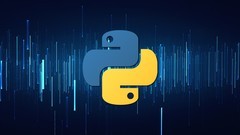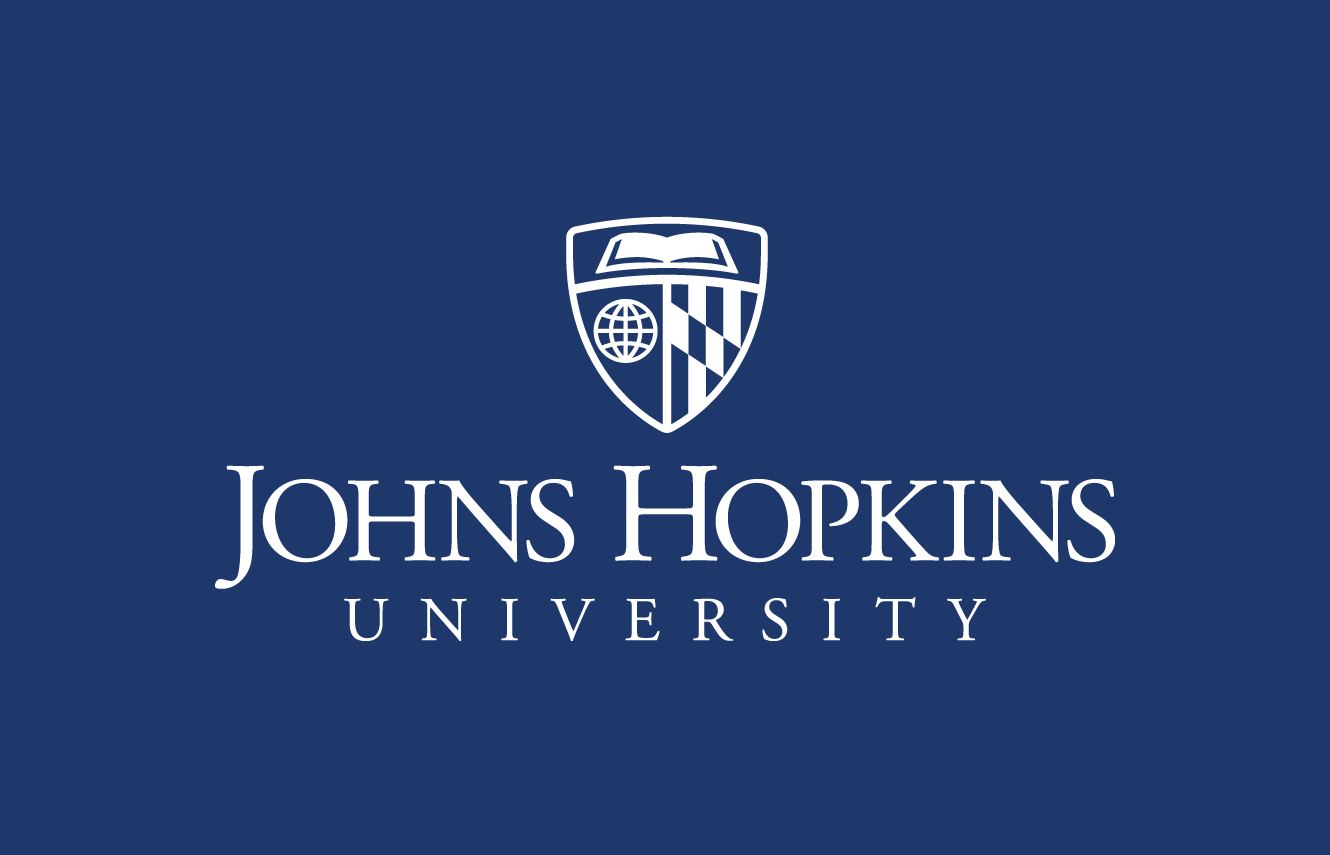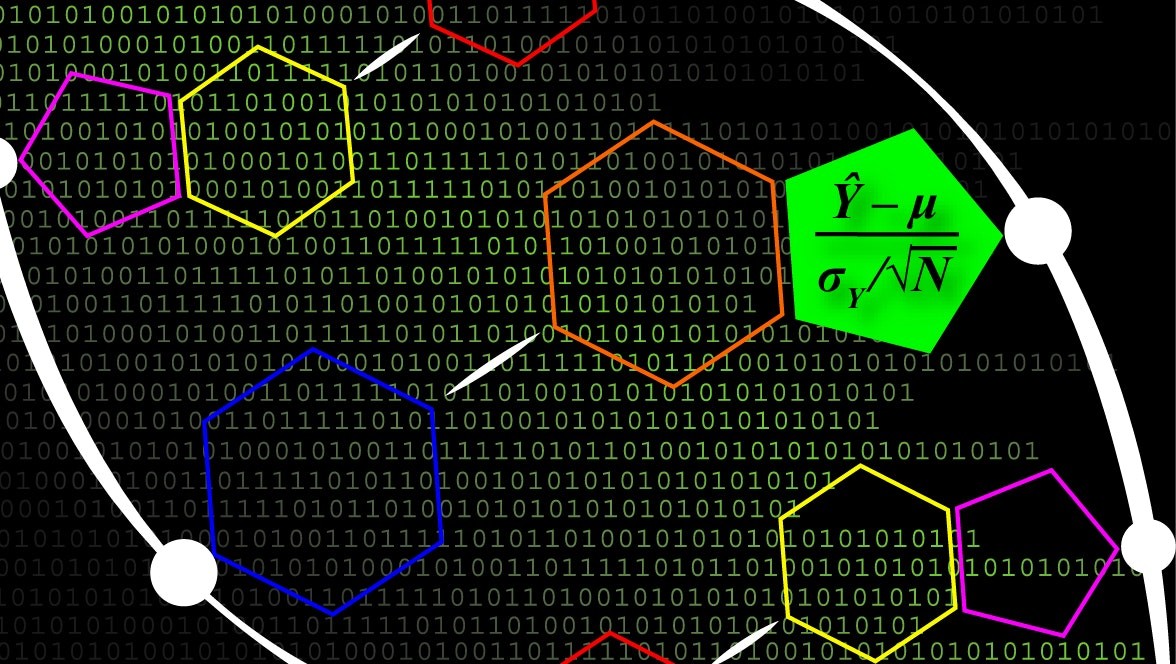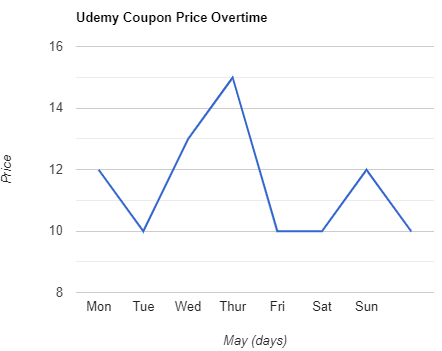Statistics for Genomic Data Science
With genomics sparks a revolution in medical discoveries, it becomes imperative to be able to better understand the genome, and be able to leverage the data and information from genomic datasets. Genomic Data Science is the field that applies statistics and data science to the genome.This Specialization covers the concepts and tools to understand, analyze, and interpret data from next generation sequencing experiments. It teaches the most common tools used in genomic data science including how to use the command line, along with a variety of software implementation tools like Python, R, Biocon
Created by: Jeff Leek
 Quality Score
Quality Score
Overall Score : 76 / 100
 Live Chat with CourseDuck's Co-Founder for Help
Live Chat with CourseDuck's Co-Founder for Help
 Course Description
Course Description
 Instructor Details
Instructor Details

- 3.8 Rating
 68 Reviews
68 Reviews
Jeff Leek
Jeff Leek is an Assistant Professor of statistics at the Johns Hopkins Bloomberg School of Public Health and co-editor of the Simply Statistics Blog. He received his Ph.D. in statistics from the University of Washington and is recognized for his contributions to genomic data analysis and statistical methods for personalized medicine. His data analyses have helped us understand the molecular mechanisms behind brain development, stem cell self-renewal, and the immune response to major blunt force trauma. His work has appeared in the top scientific and medical journals Nature, Proceedings of the National Academy of Sciences, Genome logy, and PLoS Medicine. He created Data Analysis as a component of the year-long statistical methods core sequence for statistics students at Johns Hopkins. The course has won a teaching excellence award, voted on by the students at Johns Hopkins, every year Dr. Leek has taught the course.
 Students also recommend
Students also recommend

-
Python A-Z: Python For Data Science With Real Exercises! (2022)
-
4.4 (150 Reviews)
-
 Provider: Udemy
Provider: Udemy Time: 11h
Time: 11h
$10.44







